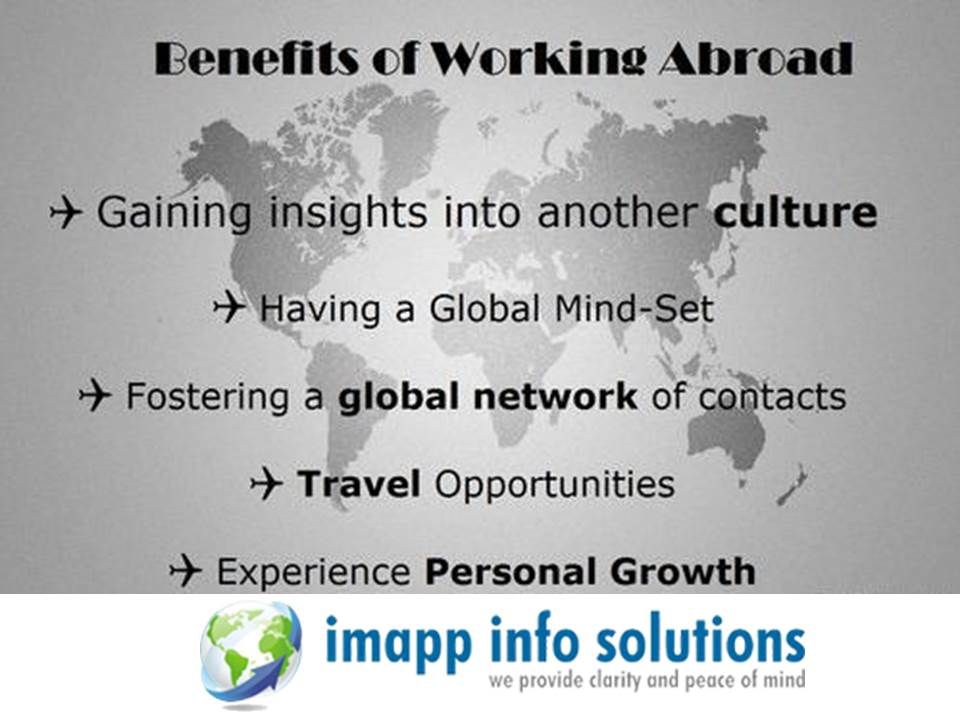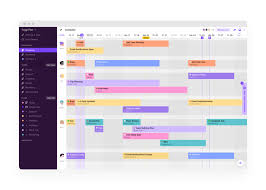
When changing careers at fifty, there are some things you should keep in mind. If you want to find a new career, you need to focus on transferable skills. These skills can make or break your career. Leadership, teaching, mentoring and public speaking are just a few examples of skills that can be transferred. These skills should always be highlighted on your resume. It's an important step in navigating the career change process.
Change your career
You should research any field you are thinking about changing careers in. Find out the requirements of the job, as well the salary. You should also consider the education requirements for your new career. Some fields offer part-time options that allow you to earn while you learn. Consider consulting a career counselor to help you decide the right career path.

Looking for a job?
One of the fastest ways to find a new job is to network. Even though the pool of job opportunities is smaller after you reach 50, you still have a large network of people you can contact and work with. LinkedIn and other social media tools are a great way of keeping up with your interests. Former colleagues may also be available for connections.
Getting a new job after 50
You may be a baby boomer, or older worker looking for a job. Although age can be an issue, it shouldn’t prevent you from getting a fresh start. You can take the leap, no matter what your goal is.
You are considering a career move?
Although career pivots can seem daunting at any age, they are even more so if you're over 50. Your professional identity is established and you may have family responsibilities.
Retiring at 65
If you are thinking of retiring at 65, you have many choices. You have two options: you can either stay in your current job or change careers. This can help to revive your career. Consider how your changing career options will impact your finances, especially if you are considering retiring early. Many people will need to quit their jobs after a few years to make the change. Their health could be affected. However, if you have adequate savings, retiring early may not be as stressful as you think.

Planning for retirement
Retiring at 50 and changing careers is a big change in your life. This can be both rewarding and challenging. Not only is the new job more expensive, but many people also have to deal with the reality of losing their old employer's pay. Not to mention the loss in retirement contributions and benefits. Therefore, it is crucial to make smart decisions about how you will save for retirement.